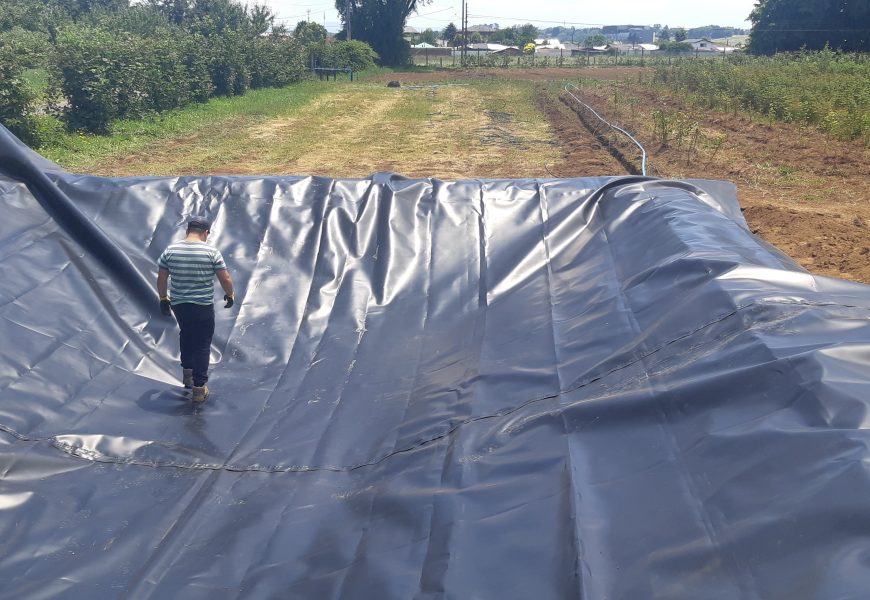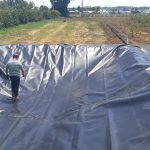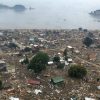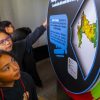By Iván Tobar Bocaz / ivtobar@udec.cl | Photographs: Courtesy of the Office of the Vice-Rector for Research and Development
At the end of 2020, the Water Technology Consortium (COTH20), a project funded by CORFO and led by Dr. Octavio Lagos Roa, a researcher at the Faculty of Agricultural Engineering, started operations. The initiative is actually a network of institutions, which collaboratively seeks technological solutions that help efficiently manage water resources. This is an issue that is becoming ever more urgent, given the need to face water scarcity and the effects of climate change.
The Consortium comprises the University of Concepción, the Pontifical Catholic University of Chile, the Agricultural Research Institute INIA, the UC Davis Chile Life Science Innovation Center, the Universities of Chile, Bernardo O’Higgins and Diego Portales, and more than 20 companies from the agricultural, sanitary, engineering, technology, industry, telecommunications sector, as well as water user organizations.
Originally, the initiative was going to operate in the south-central macro-zone defined by CORFO, from the Metropolitan Region to Ñuble. However, Dr. Lagos explains that they have expanded their operations to cover from Coquimbo to La Araucanía, due in part to climate change ignoring territorial divisions and impacting water resources and agriculture.
The goal, emphasizes the researcher, is to propose technological solutions to current problems. “We are looking for technological developments that already have proven maturity, that have passed through the laboratory phase, and have proven that they can be a real-scale solution in the short term.”
From the prototype to the technological development
In the first stage, the Consortium sought to identify gaps around the efficient use of water, as well as the areas’ needs in terms of water resources. In this line, a portfolio of projects was presented. The first initiatives have been implemented and have different degrees of progress, some of them even in the final stage.
Lagos explains that the process of moving from a prototype tested in a controlled environment to tests in a real environment unleashes new challenges, many of them impossible to detect beforehand. “The Consortium does all the technical assessment of the projects and, in addition, handles other processes such as the packaging of the solution, the issues of intellectual property, technology transfer, dissemination, and the business model that a solution like this should follow, among others.”
The implementation period starting now is focused on the transfer of these new technologies to their respective sectors and markets and, for this, explains Dr. Lagos, the incorporation of new companies or collaboration with other initiatives is sought. “One of our most important objectives is to generate new alliances and, in that sense, the Consortium’s project portfolio today is implementing and developing about 25 or 26 projects”.
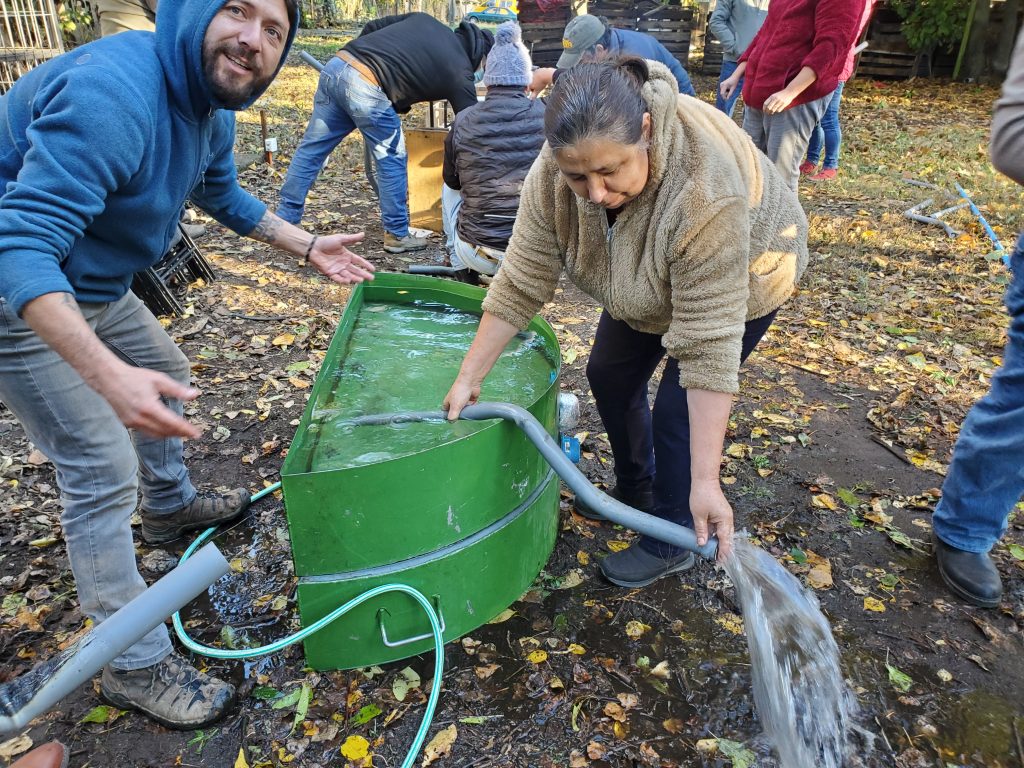
Applications and Education
For gap analysis, the work during this period has already allowed us to reach some conclusions. “One of the gaps in the country is water reuse or regeneration, whether from industry or other sources,” the expert mentions. “As the drought persisted, the need to look at other new sources has made water reuse one of the first alternatives. For this reason, a group of researchers, mainly from UdeC and Pontifical U. Católica are working on technologies to treat that water, removing unwanted components to be able to reuse it for some purpose, either in the same process from which it came or in another, be this for domestic or irrigation use.”
Another project of the portfolio seeks to produce an easy-to-use kit to treat gray water for rural homes, for reuse. The objective is that this equipment can be obtained by applying for a public subsidy. Dr. Lagos indicated that the pilot is already being evaluated by SERVIU, and explained that this proposal also allows other resources to be valued. “We are testing a commercial application in a productive sector, such as irrigation for carnations in Petorca, where until now families have to buy water from tankers.”
Beyond the technological developments that can be achieved within the Consortium’s framework, Lagos highlights the progress achieved by educating the population on these issues. “We have a line that has to do with human capital education because in society there is a gigantic need for education and training people on how to use water efficiently.” For this reason, training courses, workshops, field days, and even specialized diplomas in water resources have been organized and implemented for all water actors or users in the southern macrozone. The researcher points out that “with this, we hope to contribute through these initiatives to a more efficient and sustainable water management in the country.”
Last modified: 3 de septiembre de 2025
